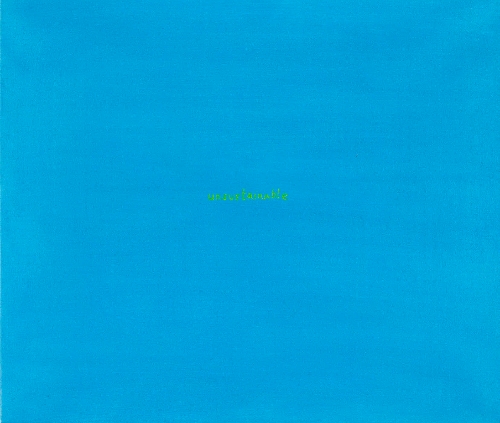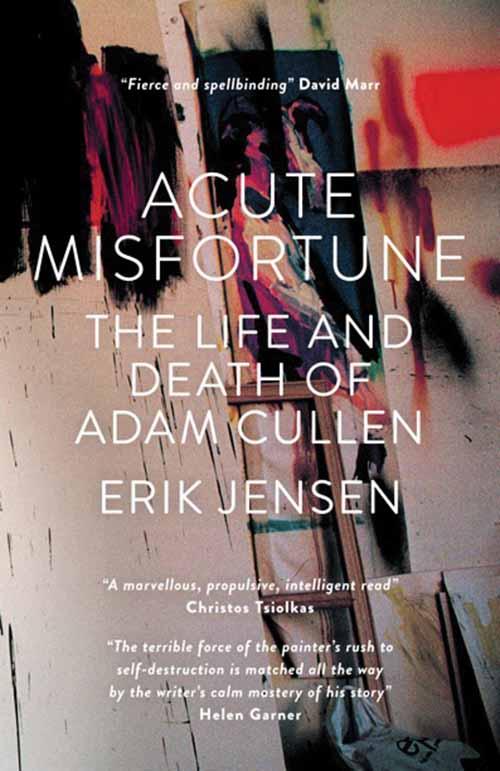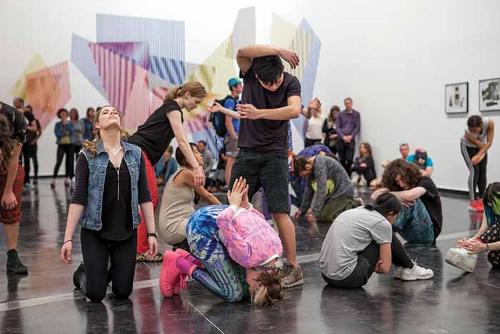.jpg)
Collaborating as a collective for the first time, four academics and artists - Ali Gumillya Baker (the curator), Natalie Harkin, Simone Ulalaka Tur and Faye Rosas Blanch – from Flinders University Yunggorendi First Nations Centre presented Adelaide audiences with a highly engaging and thought-provoking exhibition in one of South Australia's leading artists-run spaces.
Spoken word is precious to Aboriginal people; it was once the primary form of communication of knowledge. Throughout this exhibition viewers were encouraged to become immersed in the creative use of language – in rap, in poems, in song and in the spoken word (through videos and performance), all reflecting on South Australian Aboriginal history.
Each of the four artists is currently completing PhD studies in Aboriginal history, Australian history and the meaning of acts of sovereignty. Their chosen fields of study cross over and connect at different points, forming a web of association that become evident in the flow of the many different types of work installed in the space. The use of multimedia, sculpture and sound was a refreshing spin on the presentation of so many words and ideas and had the effect of coaxing the audience into both submission and engagement.
The four women trawled extensively through the recorded histories of their culture (from the perspective of white colonisers), here represented by a tower of books called 'racist texts’, in order to de-colonise those complex stories through writing and performing. These acts of artistic expression also relate directly to the histories of the artists’ families. The catalogue essay describes their media vividly: ‘Baker shifts the colonial gaze through film, performance, projection and grandmother-stories ... Tur’s performance and poetics enact an intergenerational transmission of story-work through education … Blanch engages rap theory to embody sovereignty and shedding of the colonial skin … Harkin’s archival-poetics is informed by blood-memory, haunting and grandmother-stories.’
Natalie Harkin’s work Archival Paradox [2] is a beautifully woven nest made out of copies of letters that her great-grandmother wrote. These letters were found in the archives and give an insight into the woman that she was and the life that she lived. The video of Harkin making this piece has a healing quality about it. She weaves the strands of these letters into an object that is used to nurture the young. It is a sentimental action of love and care. The delicacy and the humanity that come from handwritten words show the poetic nature of Harkin and her work.
All of the artists are looking at how they can use historical material to make something new and revealing about the trials of their ancestors. They are reclaiming the archives, reclaiming their history and in turn recolonising. Bound and Unbound was a very ambitious way for this group of academics and artists to engage with a wider audience. And it is exciting to know that this is the first act of a three-part series to be completed in 2015.












